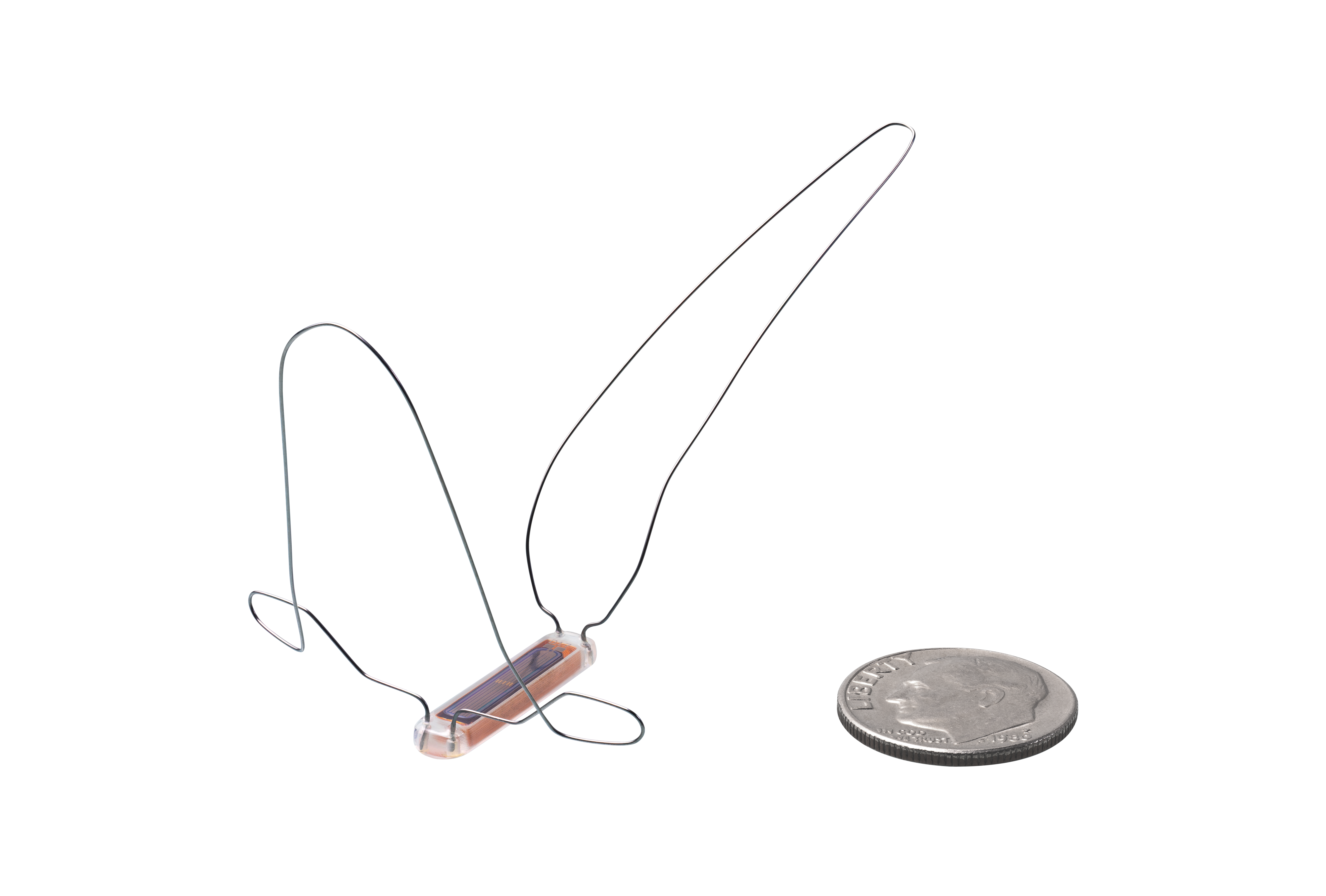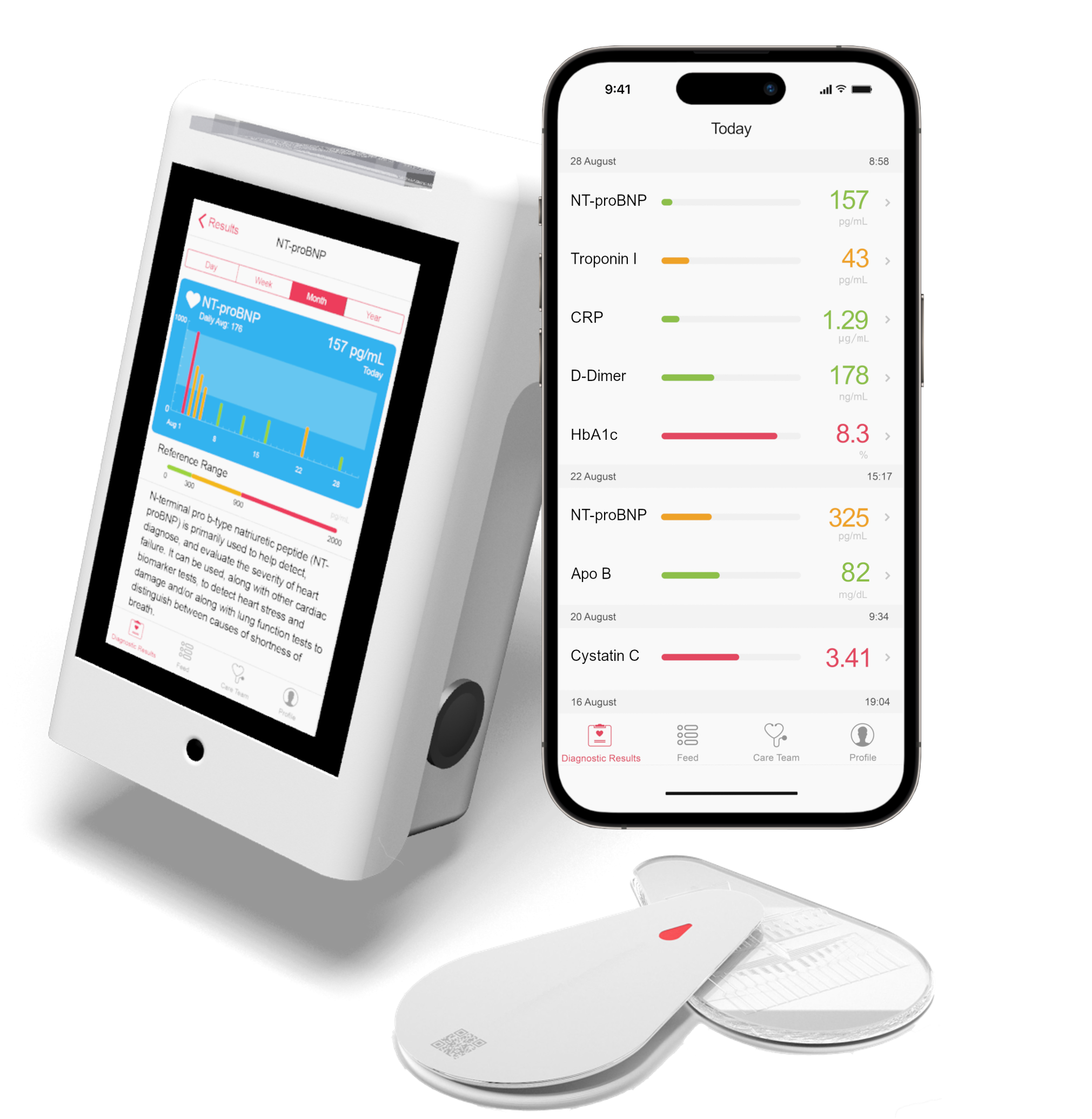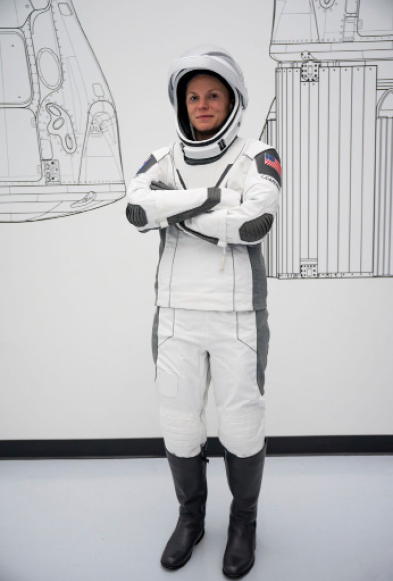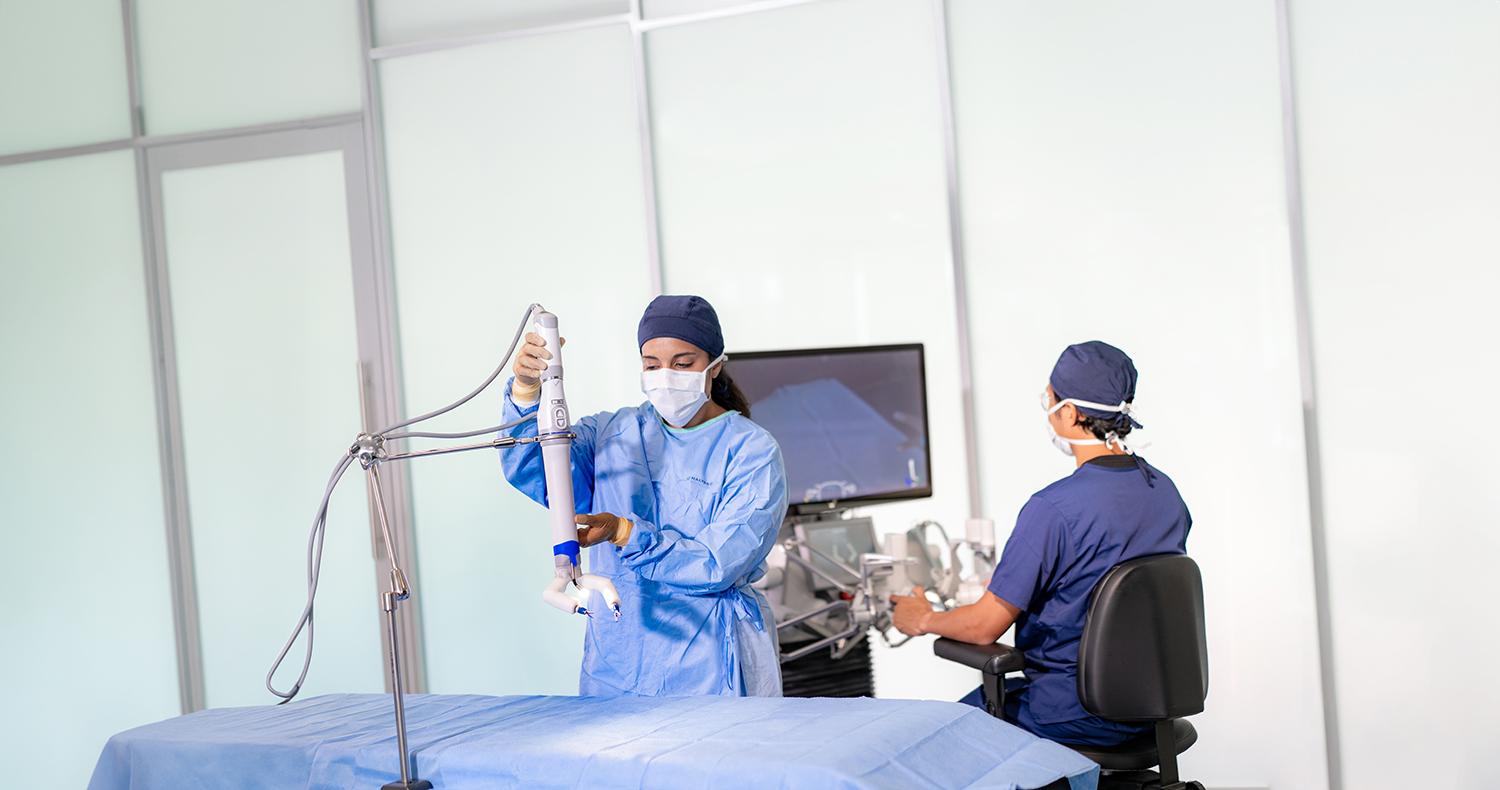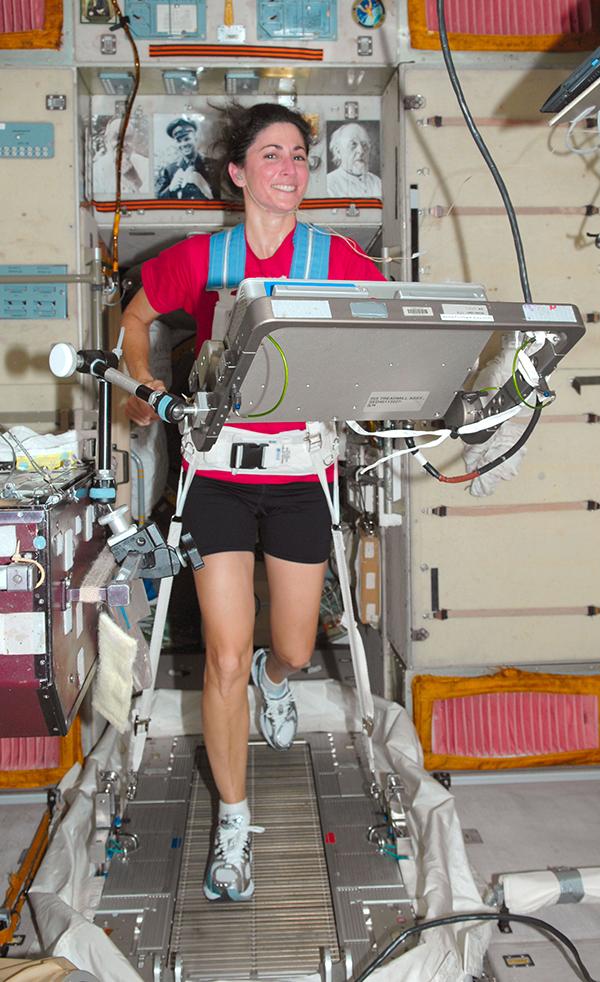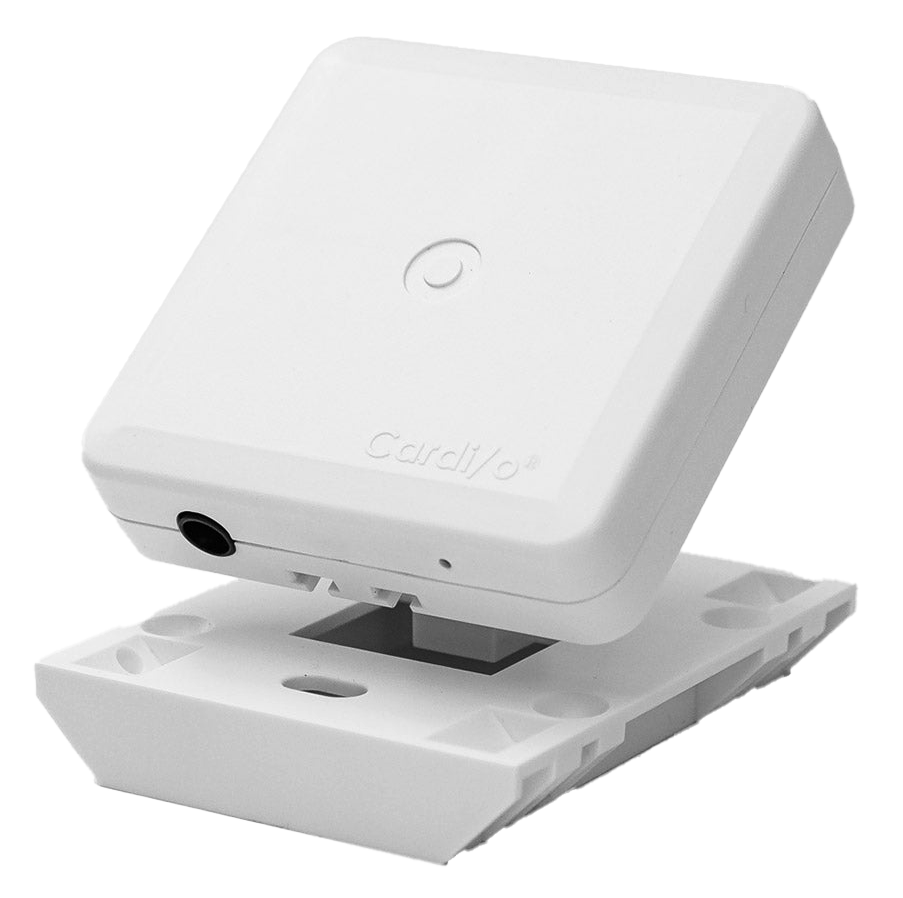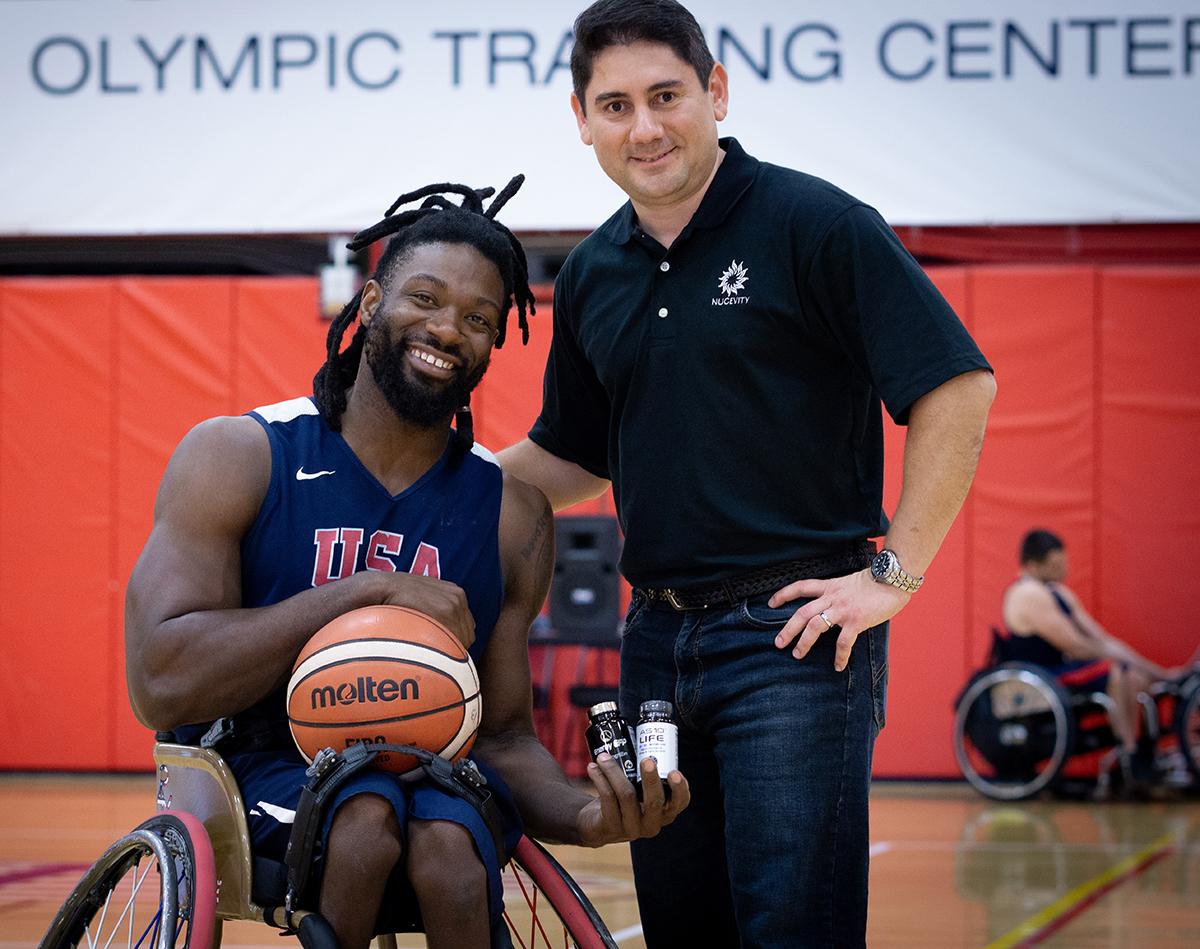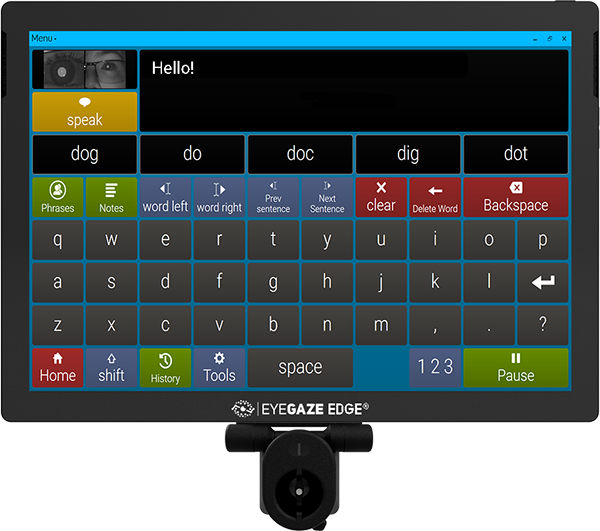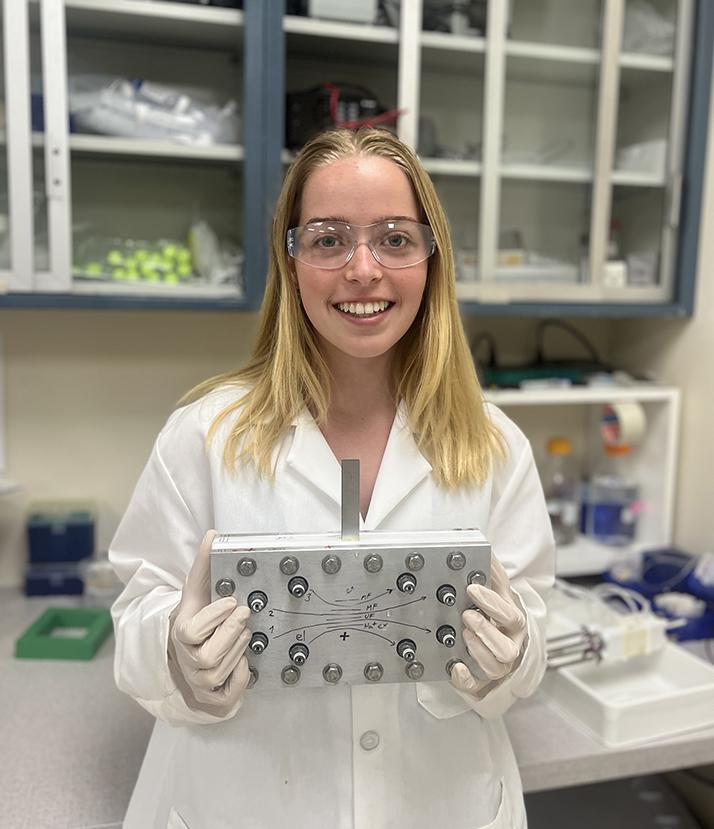Medical Practice Makes Perfect
Healthcare providers strive to provide more efficient service in a competitive and cost-conscious world. The pressures of managed care can put a tremendous strain on doctors, staff, and certainly the patients themselves. Paperwork can overwhelm all concerned, just in monitoring treatment effectiveness and reimbursement.
Cedaron Medical, Inc., Davis, California, manufactures a range of products to increase clinical productivity, thereby enhancing patient care.
Cedaron was founded in 1990 on the award of a Small Business Innovation Research (SBIR) contract from Johnson Space Center to provide a hand testing and exercise unit for use in space. From that research, Cedaron struck out as a manufacturer of orthopedic therapy devices. But the business saw on the horizon an emerging and promising market in outcomes analysis.
Outcomes analysis measures a hospital's performance in several ways:
A few years ago, Cedaron expanded its medical performance work by creating computer software for the "paperless office" of today. This specially-devised software is aimed at measuring the effectiveness of medical treatments in occupational therapy, physical therapy, orthopedic surgery, and plastic surgery. Similar applications are also being developed for the field of cardiology. Above all, Cedaron's Dexter Outcomes products are crafted to minimize paperwork shuffle, and to establish a more cost-effective and efficient medical care facility.
One Cedaron product is a specially-devised physician's workstation. Not only can it manage patient records more effectively, the workstation speeds up communications between referring physicians and therapists. Keeping track of progress reports, updating patient records, and recording daily notes are among the workstation's many features.
For the patient, Cedaron has also designed an outcomes workstation. This computerized, patient-friendly system is replete with a touch-screen interface to collect outcomes data quickly and simply from a patient. Questions are asked about medical history, functional status, symptom severity, general health, and satisfaction with healthcare delivery. The responses are stored in an outcomes database that can be linked to other computers.
Other products from Cedaron include an upper extremity tool kit, a tabletop workstation for extremity and spine evaluation; and a hand center to conduct exams, strength tests, and impairment rating protocols--automatically documenting the results.
In December 1997, Cedaron announced that it had been included on the Joint Commission on the Accreditation of Healthcare Organization's list of acceptable performance measurement systems for hospital accreditation. As part of new accreditation guidelines, hospitals must enroll in, and have a certain percentage of their patients included in, programs that measure the outcomes of healthcare delivered by the hospital.
Springboarding from its early work with NASA, today Cedaron has computer systems installed in Asia, Europe, South America, and across the United States.
"Since our inception, Cedaron has focused upon intuitive, interactive patient evaluation and medical documentation systems," explains Karen Bond, President and CEO of Cedaron Medical. "Our systems automate the process of healthcare outcomes without adding to the workload of the staff. And, our customers tell us that patients enjoy interacting with our systems. It really is a win-win technology for both hospitals and patients," she says.
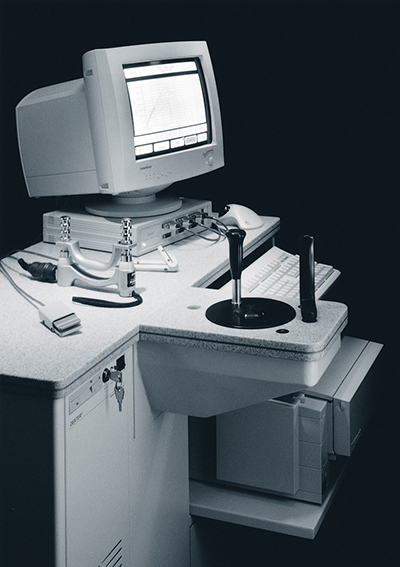
Cedaron Medical's Dexter Outcomes workstation provides a friendly data collection system for the occupational therapy, physical therapy, orthopedic surgery, and plastic surgery fields. The system is based on a Small Business Innovation Research contract to develop a system to monitor upper extremity function of astronauts during space flight.




